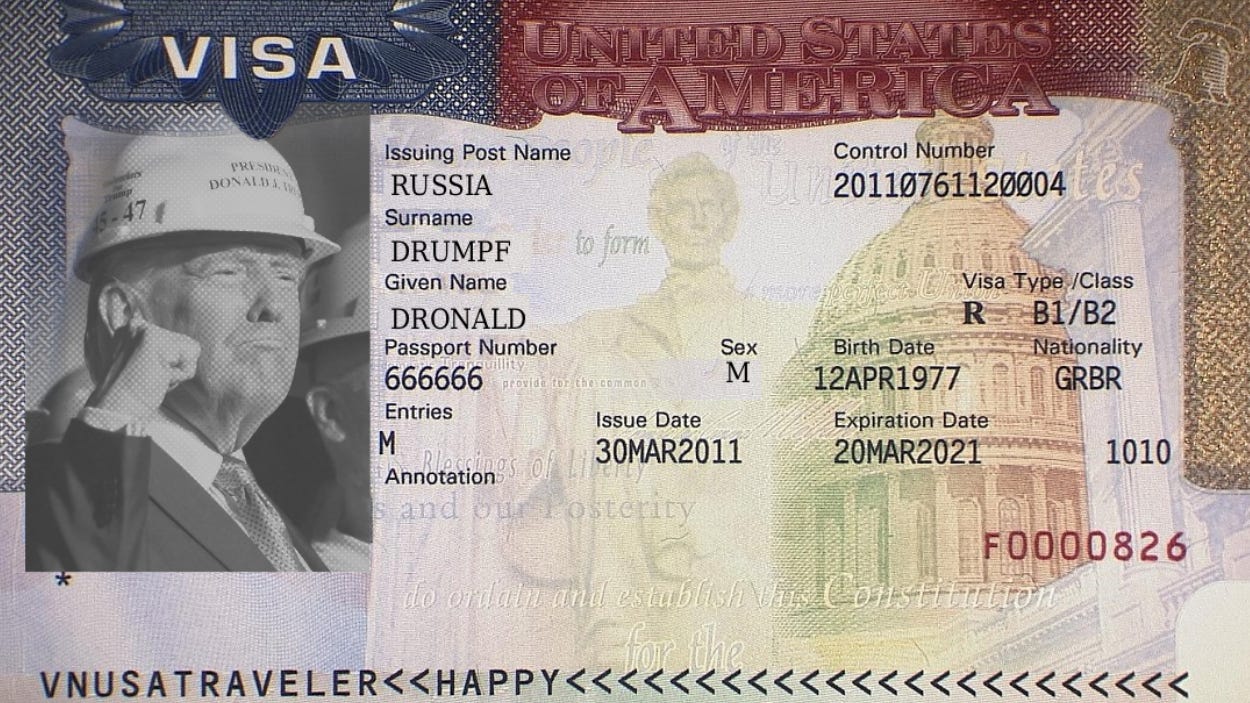Class analysis and "authoritarianism"
Two ways of explaining Trump's recent H1-B visa fee yield vastly different insights.
In a move that sent shockwaves through international labor markets, the Trump administration announced on Friday new restrictions on the approval of H1-B visas. This has been a long time coming, so it shouldn’t have surprised anyone; as I wrote nearly a year ago, the nativist faction of the Trump coalition has been pushing for something like this since …




